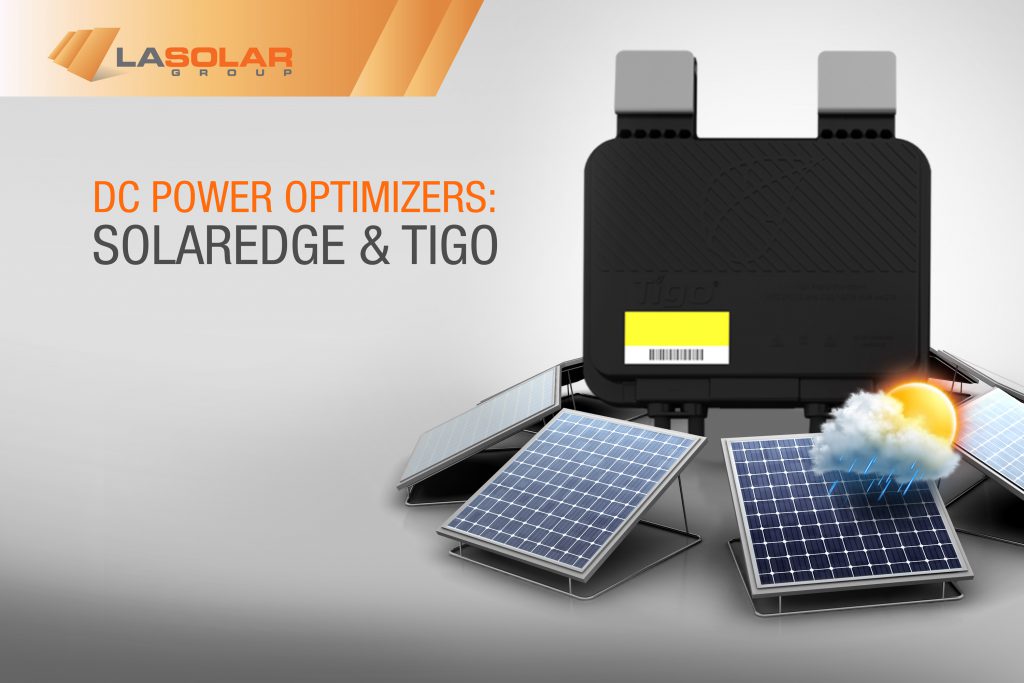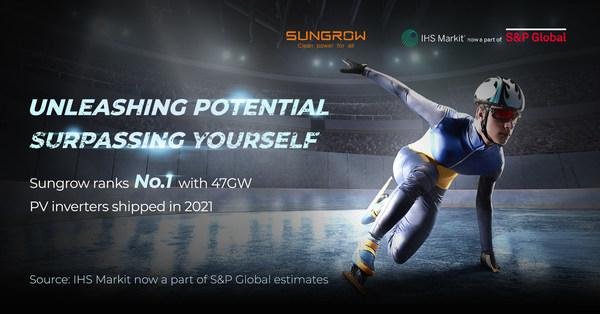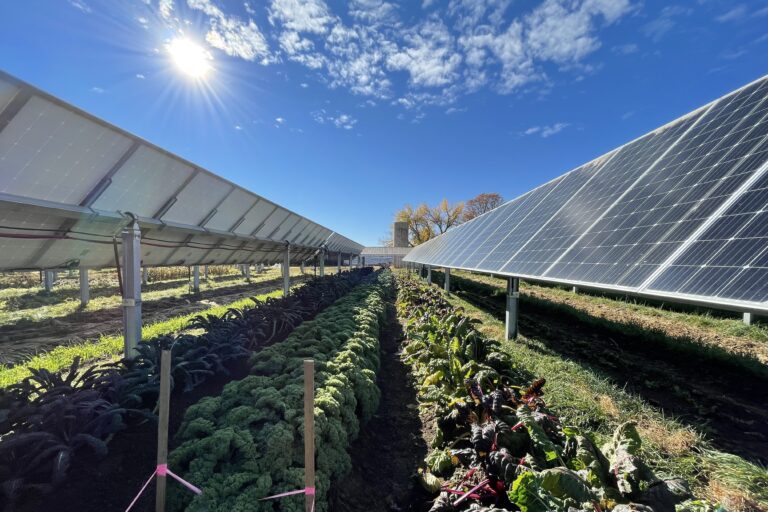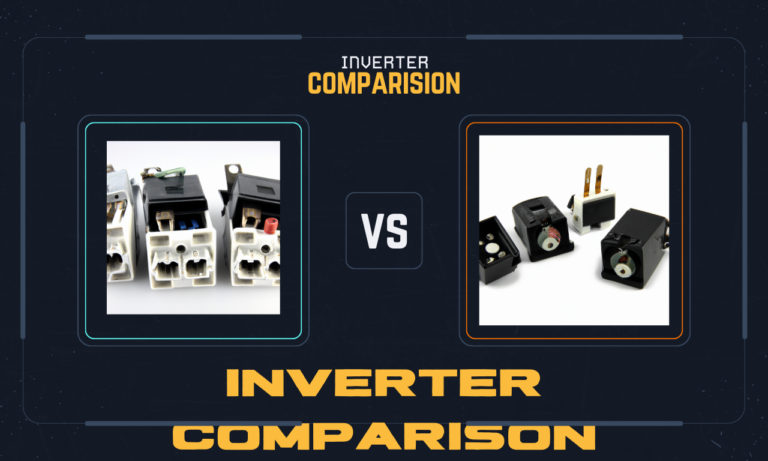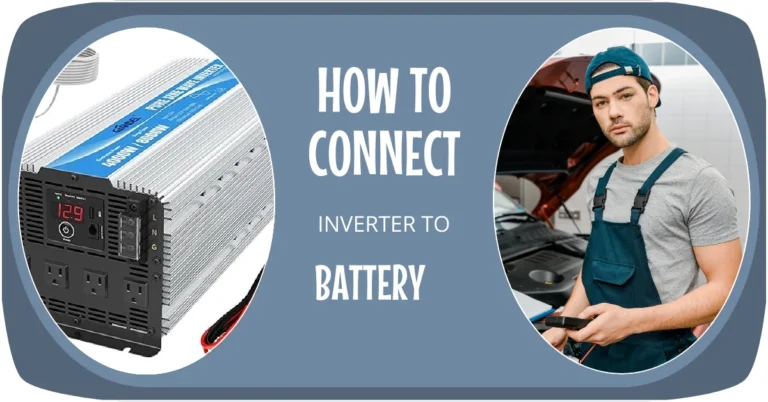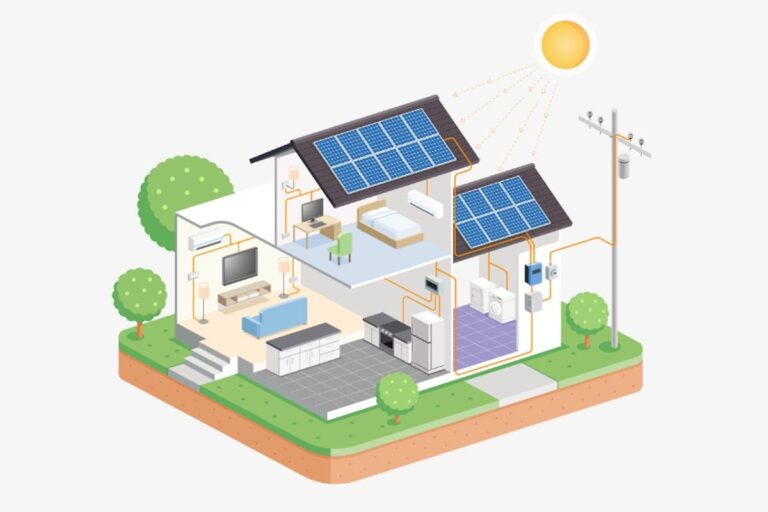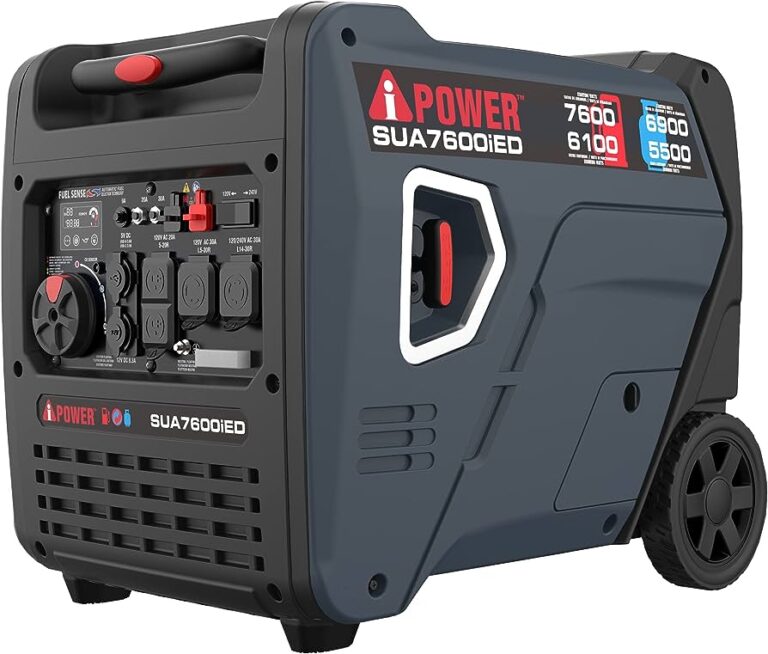Dc Optimizer Vs Micro Inverter: Which Delivers Optimal Solar Power?
DC Optimizers and Micro Inverters are both effective in optimizing the power output of individual solar panels, but micro-inverters may be a better option for homes with shading or multiple roof faces. On the other hand, DC optimizers aim to achieve the same optimization at a lower cost.
Both solutions have their pros and cons, and the choice between them depends on the specific needs of the solar system.
Understanding Solar Inverters
Solar inverters play a crucial role in converting the direct current (DC) generated by solar panels into alternating current (AC) that can be used to power our homes and businesses. There are different types of solar inverters available in the market, including grid-tie inverters, string inverters, micro inverters, and DC optimizers.
A grid-tie inverter is the most common type, connecting the solar panel system to the grid. String inverters are connected to multiple panels in series, converting the DC power from the entire string. On the other hand, micro inverters are installed on each individual panel, allowing for system optimization and increased reliability.
DC optimizers, similar to micro inverters, optimize power output on a panel-by-panel basis but at a lower cost. While micro inverters are better suited for homes with shading or multiple roof faces, DC optimizers provide a cost-effective solution for optimizing power output.
Both options are efficient in maximizing the performance of solar panels. Understanding the differences between these inverters is essential in choosing the right one for your particular solar system.
Pros And Cons Of Micro Inverters
Micro inverters have several advantages that make them a popular choice in the solar industry. Firstly, they offer module-level monitoring, allowing for better control and analysis of the performance of each solar panel. This monitoring capability helps identify any issues and optimize the system’s overall efficiency.
Additionally, micro inverters perform better in situations where shading or multiple roof faces are present, as they minimize the impact of these factors on the system’s output. However, there are some limitations to consider. Micro inverters have a higher initial cost compared to other inverters, which may be a deterrent for some.
Moreover, they may not be compatible with certain panel designs, so it’s essential to ensure compatibility before installation. Despite these limitations, micro inverters prove to be a reliable and efficient option for optimizing solar panel output.
Pros And Cons Of Dc Optimizers
DC optimizers offer several benefits when it comes to solar energy systems. Firstly, they can significantly increase energy harvest by optimizing the power output of individual solar panels. This is particularly advantageous in scenarios where shading or panel mismatch occurs, as DC optimizers can still enhance system performance.
Moreover, compared to micro inverters, DC optimizers have a lower cost, making them more budget-friendly. However, there are also drawbacks to consider. One concern is the reliability of DC optimizers, as they may be prone to issues. Additionally, the installation and wiring process for DC optimizers can be more complex compared to micro inverters.
Despite these drawbacks, DC optimizers remain a viable option for maximizing energy efficiency in solar setups.
Comparison: Micro Inverters Vs Dc Optimizers
Micro-inverters and DC optimizers are both effective in optimizing the power output of solar panels. Micro-inverters are particularly suitable for homes with shading or multiple roof faces, while DC optimizers offer a more cost-effective solution. Power optimization capabilities are equally great with both options.
Under shading or panel mismatch conditions, micro-inverters adapt to individual panel performance, ensuring maximum efficiency. Similarly, DC optimizers attempt to achieve the same optimization at a lower cost. When considering cost, DC optimizers may be a more budget-friendly choice, as they require fewer components and are easier to install.
However, micro-inverters provide the advantage of module-level monitoring, which offers more precise system monitoring and troubleshooting. In terms of reliability and maintenance, both options have their strengths. Micro-inverters reduce the risk of a single point of failure, while DC optimizers may require less maintenance due to their simpler design.
Ease of installation and wiring is another factor to consider. Micro-inverters require individual installation on each solar panel, increasing complexity and time. DC optimizers, on the other hand, are installed at the module level, reducing wiring complexity. In conclusion, when deciding between micro-inverters and DC optimizers, it is important to consider factors such as shading, cost, reliability, maintenance, and ease of installation and wiring.
Case Studies And Real-World Examples
Case studies and real-world examples provide valuable insights into the benefits of using micro inverters for solar installations. These success stories showcase the improved performance and customer satisfaction achieved through the use of micro inverters. Comparatively, case studies also highlight the advantages of using DC optimizers in solar systems.
By analyzing the performance and feedback from customers, it becomes clear that both micro inverters and DC optimizers effectively optimize the power output of individual solar panels. Micro inverters are particularly beneficial for homes with shading or multiple roof faces, while DC optimizers aim to achieve the same results at a lower cost.
Ultimately, the choice between micro inverters and DC optimizers will depend on specific requirements and preferences.
Which Option Is Right For You?
Factors to consider when choosing between micro inverters and DC optimizers include shading and panel orientation, available budget, long-term goals, and maintenance requirements. It is important to consult with solar professionals for their input and expertise. Additionally, here are some tips to help make an informed decision: thoroughly research and understand the benefits and drawbacks of each option, consider the specific needs and constraints of your solar system, and weigh the cost-effectiveness and efficiency of both micro inverters and DC optimizers.
By carefully considering these factors and expert guidance, you can determine which option is right for you.
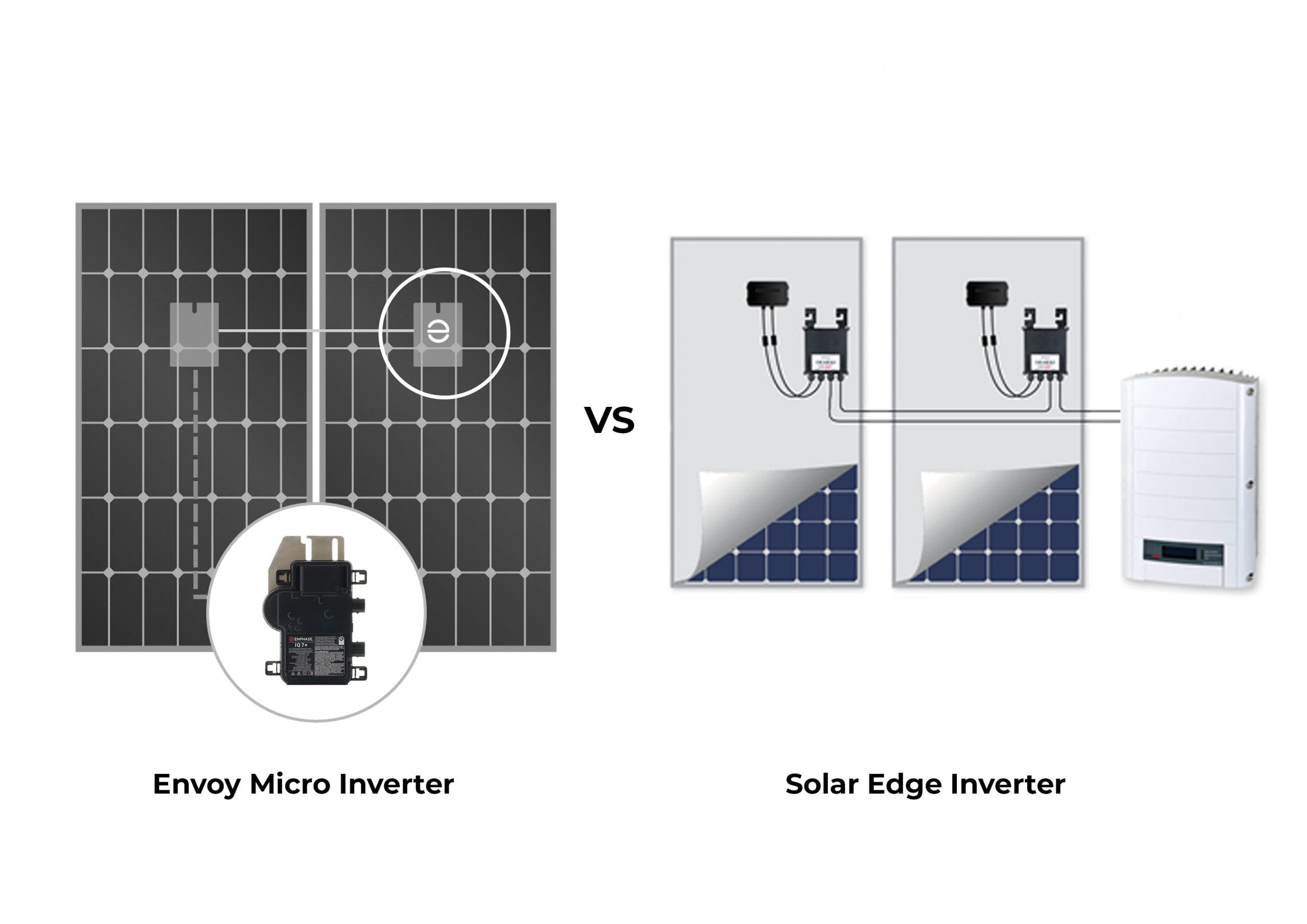
Credit: nuwattenergy.com
Frequently Asked Questions For Dc Optimizer Vs Micro Inverter
Are Micro Inverters Better Than Optimizers?
Micro-inverters and DC optimizers are equally great in optimizing the power output of solar panels individually.
What Is The Difference Between Optimizer And Inverter?
The main difference between an optimizer and an inverter is that optimizers condition the DC electricity and transmit it to a string inverter for conversion, while inverters convert the DC current to AC electricity right at the panel site.
Are Dc Optimizers Worth It?
Yes, DC Optimizers are worth it as they optimize the power output of each solar panel individually and are a great choice for shaded areas or to enhance solar system performance.
What Is The Difference Between Tigo Optimizer And Microinverter?
Tigo optimizer and microinverter both optimize the power output of solar panels individually. The main difference is that microinverters convert DC energy into AC energy right at the panel site, while Tigo optimizers condition the DC electricity and transmit it for conversion by a string inverter.
Conclusion
When it comes to choosing between DC optimizers and micro inverters for your solar panel system, both options have their pros and cons. Micro-inverters are a great choice for homes with shading or multiple roof faces, as they optimize the power output of solar panels individually.
On the other hand, DC optimizers attempt to do the same thing at a lower cost. Both options are efficient in their own ways, and it ultimately depends on your specific needs and preferences. It is worth noting that power optimizers are a worthwhile investment for solar systems in both homes and businesses.
They are particularly beneficial if your roof gets shaded during the day or if you want to boost the performance of your solar system. However, micro-inverters may be a better option if you have shading issues or want maximum power output from each panel.
Ultimately, the decision between DC optimizers and micro inverters should be based on a careful consideration of your individual circumstances and goals. Consulting with a solar energy professional can help you make an informed choice that aligns with your needs and budget.

